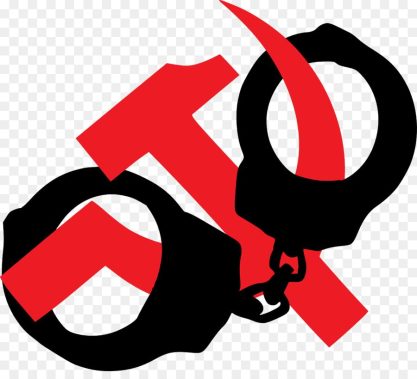Report by the USSR Ministry of Health about results of World Psychiatric Congress in Hawaii. [R 21 November 1977, No 3042] total 9 pp. (excerpt)
===========================
In preparation for the Congress the USSR Ministry of Health analysed the main anti-Soviet publications and prepared well-founded counter-arguments; a number of symposia were held with the participation of foreign specialists; and Soviet participation in the programmes of the World Health Organisation was increased. Immediately before the Congress Soviet psychiatrists travelled to Bulgaria, Hungary, the GDR and Czechoslovakia to agree the positions of the socialist countries.
An authoritative Soviet delegation prepared for participation in the Congress and on arrival in Honolulu it immediately established active contacts with delegations from socialist and other countries (Mexico, Venezuela, Senegal, Nigeria, India, and so on). These contacts, and the further course of the Congress, confirmed that although the Congress was officially being run by the World Psychiatric Association, the entire practical preparation of the scientific and organisational programme was entirely in the hands of the American Psychiatric Association. …
The premises where the sessions of the Congress took place were overflowing with anti-Soviet rubbish, leaflets with filthy attacks on Soviet psychiatry and some of its representatives. In the corridors scurried “former Soviet psychiatrists” who had been transported to the Congress….
From the very first day the Soviet delegation consistently issued sharp protests.
[However, the main clash with the anti-Soviets took place during the two sessions of the WPA General Assembly where the Congress organisers presented for discussion the “Havana Declaration” about the general ethical principles of modern psychiatry (to which the Soviet delegation subscribed) and a provocative Anglo-Australian resolution “condemning the abuse of psychiatry in the USSR” and an American proposal to set up a “Committee to investigate cases of psychiatric abuse”.]
The Soviet representative at the Assembly (E.A. Babayan) protested against the inclusion of these proposals in the agenda as clearly defamatory and contrary to the Statutes of the WPA. He also spoke against the proposed procedure for discussing the day’s agenda, because it excluded any serious examination. Categorical protests were also raised against the system of voting, which was based on the number of votes (ranging from 30 to 1-2 votes) allocated in accordance with the funds contributed to the WPA budget by the national associations. No action was taken over these protests, however, due to the open pressure exerted by WPA president H. Romme and references to the WPA statutes…. After this the WPA president grossly violated the procedure for conducting the session and forced a vote with infringements of the elementary demands of procedure….
As was widely noted in the corridors of the Congress and in the press, despite the formal “adoption of the defamatory Anglo-Australian resolution, the moral victory at the Congress went to Soviet psychiatry”.
———————————————————————-
[page seven]
“Soviet psychiatrists (A.V. Snezhnevsky, G.V. Morozov, E.A. Babayan, N.M. Zharikov, M.E. Vartanyan, V.E. Rozhnov and others) travelled to scientific meetings about psychiatry in the FRG, Switzerland, the GDR and the Hungarian People’s Republic, where they met with foreign scientists and informed them in detail about the real nature of events at the past Congress. In Geneva, a press conference was held (E.A. Babayan) about the results of the Congress which received objective coverage in certain Swiss newspapers.”
==========================
NOTES
General
1. Notes and additions by translator and editor are bracketed, thus [ ];
2. Text added by hand is indicated in italic script;
3. when a handwritten phrase, figure or word has been added
to a previously typed document it is indicated by underlined italic script.
Translation, John Crowfoot
